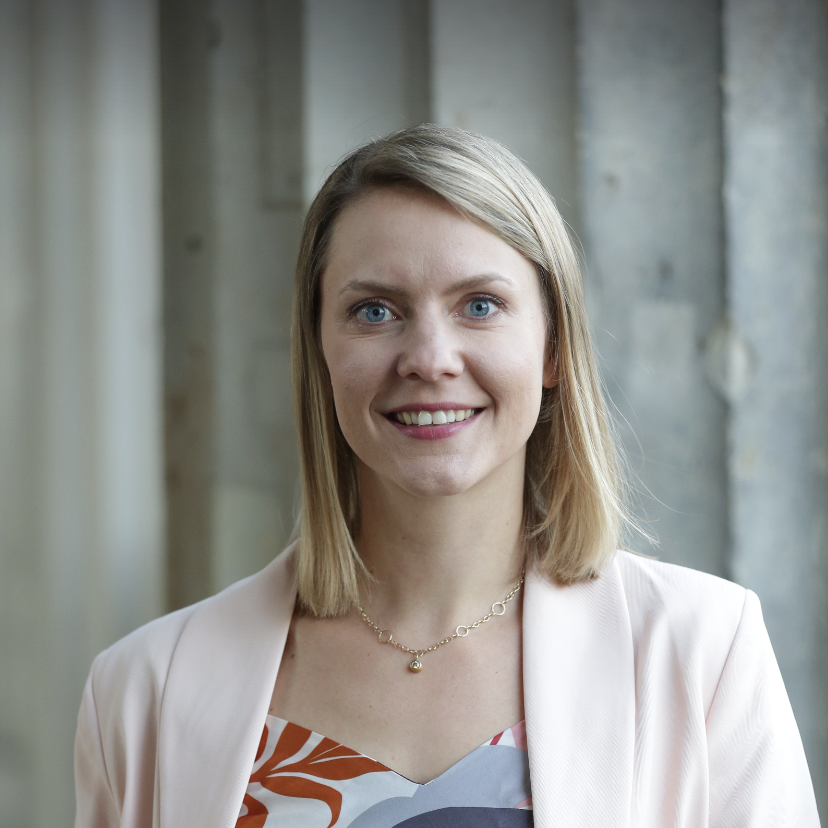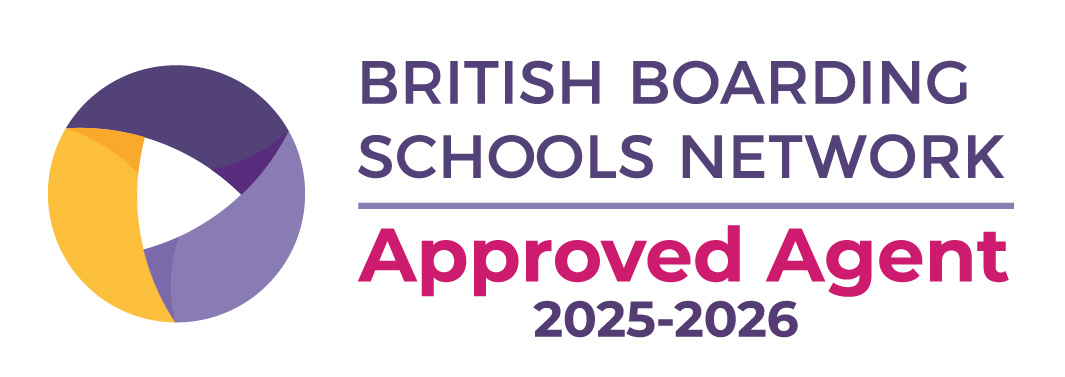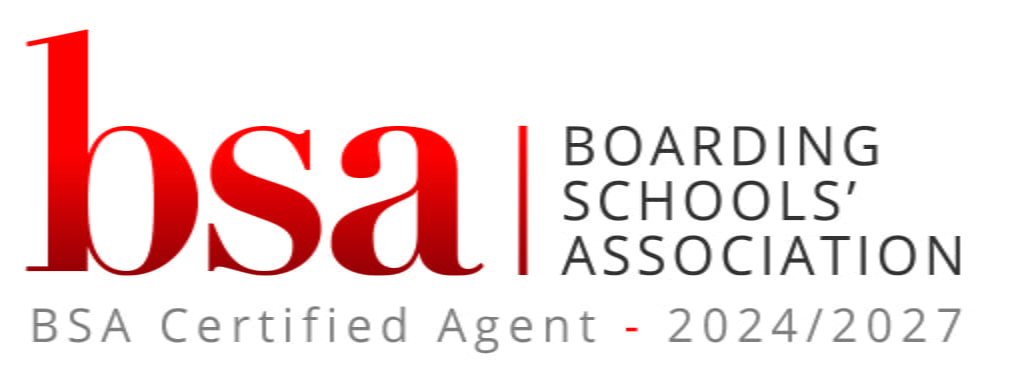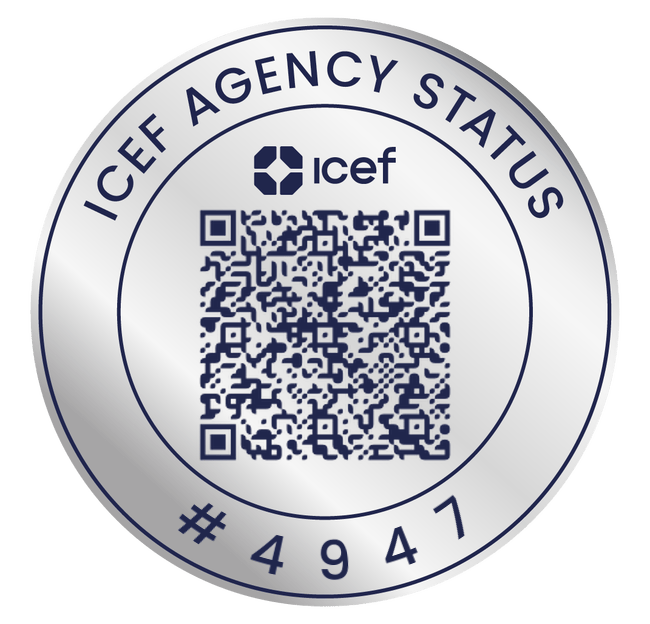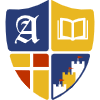Contents:
Book a free consultation today!
When it comes to preparing for university and laying the foundation for a successful career, students today have more than one pathway open to them. One of the most popular and internationally recognised options is the International Baccalaureate, or IB. It serves as a global alternative to national school-leaving qualifications and is valued highly by universities across the world.
Because the IB follows the same structure and rules everywhere, the qualification is accepted regardless of where it is earned. More than 5,000 schools worldwide are officially recognised as IB schools, with new ones joining every year. Today, close to two million students are enrolled in an IB programme.
What is the IB and which programmes exist?
The International Baccalaureate was created in Switzerland in 1968. Its original aim was to provide children of internationally mobile families with consistent, high-quality education across countries. Over time, however, the idea of offering a truly global school-leaving qualification, equally recognised everywhere, gained wide support.
Today, the IB includes four main programmes:
- Primary Years Programme (PYP): For children up to 12 years old.
- Middle Years Programme (MYP): Covering the middle school years.
- Diploma Programme (DP): The best-known, equivalent to the final two years of secondary school, leading to university entrance.
- Career-related Programme (CP): Combining academic study with career-focused learning.
This means there is an IB pathway suitable for students of every age and aspiration.

What do students learn at IB schools?
The IB Diploma Programme is designed to prepare students for university study anywhere in the world. Students take six subjects, at least three of them at Higher Level (HL), with the others at Standard Level (SL).
The six subject groups are:
- Language and Literature – usually the student’s mother tongue, with a strong emphasis on literature.
- Language Acquisition – learning a foreign language or deepening existing knowledge.
- Individuals and Societies – including history, geography, economics, politics, psychology and philosophy.
- Sciences – biology, chemistry, physics, computer science or environmental science.
- Mathematics – with different pathways focusing on algebra, statistics or applied mathematics.
- The Arts (or an additional elective) – such as theatre, music, or visual arts.
In addition, all students must complete three core elements:
- Extended Essay (EE): A 4,000-word independent research project.
- Theory of Knowledge (TOK): A unique course encouraging critical reflection on how we learn and understand knowledge.
- Creativity, Activity, Service (CAS): Involvement in creative projects, physical activity and community service.

What are the advantages of IB schools?
The IB is highly regarded by universities worldwide. Its strength lies in its consistency – unlike national school-leaving qualifications, which vary widely, the IB is standardised and comparable everywhere.
It is often seen as more challenging than many national systems, requiring students to study a broad range of subjects while also developing advanced skills in research, analysis, and independent thinking. The TOK course and the Extended Essay in particular prepare students well for academic study at university level.
For this reason, an IB diploma is frequently a strong advantage in competitive university admissions. However, it is important for students to select their HL and SL subjects carefully, with their intended degree in mind.
The next step after the diploma
IB graduates typically go on to higher education. Unlike some national qualifications, the IB diploma is directly recognised by universities around the world.
However, universities and degree courses often have specific requirements – for example, an aspiring medical student will need Higher Level sciences. IB schools usually provide experienced advisors to help students choose their subjects with future applications in mind. Some national systems also have specific subject level requirements – it is always best to check before starting.

Schools where the IB is offered
IB schools can be found in almost every corner of the world. While many are private schools, there are also public schools that offer the IB. In some schools, students can choose between the IB and the national curriculum, or switch into the IB for their final years.
Because the curriculum is consistent worldwide, students can even transfer from one IB school to another without losing progress – an attractive option for internationally mobile families.
How to find the right IB school
Although the IB itself is standardised, IB schools are far from identical. They vary in their subject choices, teaching styles, extracurricular offerings and cultural environment.
For many families, what matters most is not just academic quality but also the student experience:
- Can my child pursue their passion for music or theatre?
- Does the school offer competitive sports or unique outdoor programmes?
- What creative or community opportunities exist beyond the classroom?
From elite sports facilities to professional-grade theatres and art studios, many IB schools offer outstanding extracurricular opportunities alongside rigorous academics.

Spending a year abroad at an IB school
IB schools are an excellent option for students considering a year abroad. Even if students are not enrolled in an IB programme at home, their work in an IB school abroad is often recognised and transferable.
Many schools accept international students for a semester or year, making it possible to gain international experience without completing the full diploma abroad.
A year abroad in the USA, Canada or the UK
English-speaking countries are particularly popular choices for an IB year abroad. Students typically arrive with good English skills, which they can refine further, while living and studying in culturally rich environments.
Many IB schools in these countries also operate as boarding schools, making them especially convenient for international families.
Examples of well-regarded IB schools include:
- Scarborough College, England – A welcoming coastal school with excellent theatre facilities and strong hockey teams.
- Felsted School, England – A historic traditional school near London, known for its strong arts and business education.
- Léman Manhattan Preparatory School, USA – New York City’s only boarding school, offering superb university preparation.
- Verde Valley School, USA – A small Arizona school combining IB academics with horse riding, environmental projects, and Native American arts.
IB Schools FAQ
What makes IB schools special?
They lead to a globally recognised qualification, accepted by universities worldwide.
Who can attend an IB school?
IB programmes are open to all students, with options available for primary, middle, and upper school levels.
Where can you find IB schools?
In nearly every region of the world – around one-third in Europe, one-third in the Americas, and the rest spread across Asia, Africa and the Middle East.
Can you attend an IB school abroad?
Yes. Many IB schools welcome international students, either for the full diploma or for shorter stays such as a year abroad.
Schedule a free consultation
How can we help you?
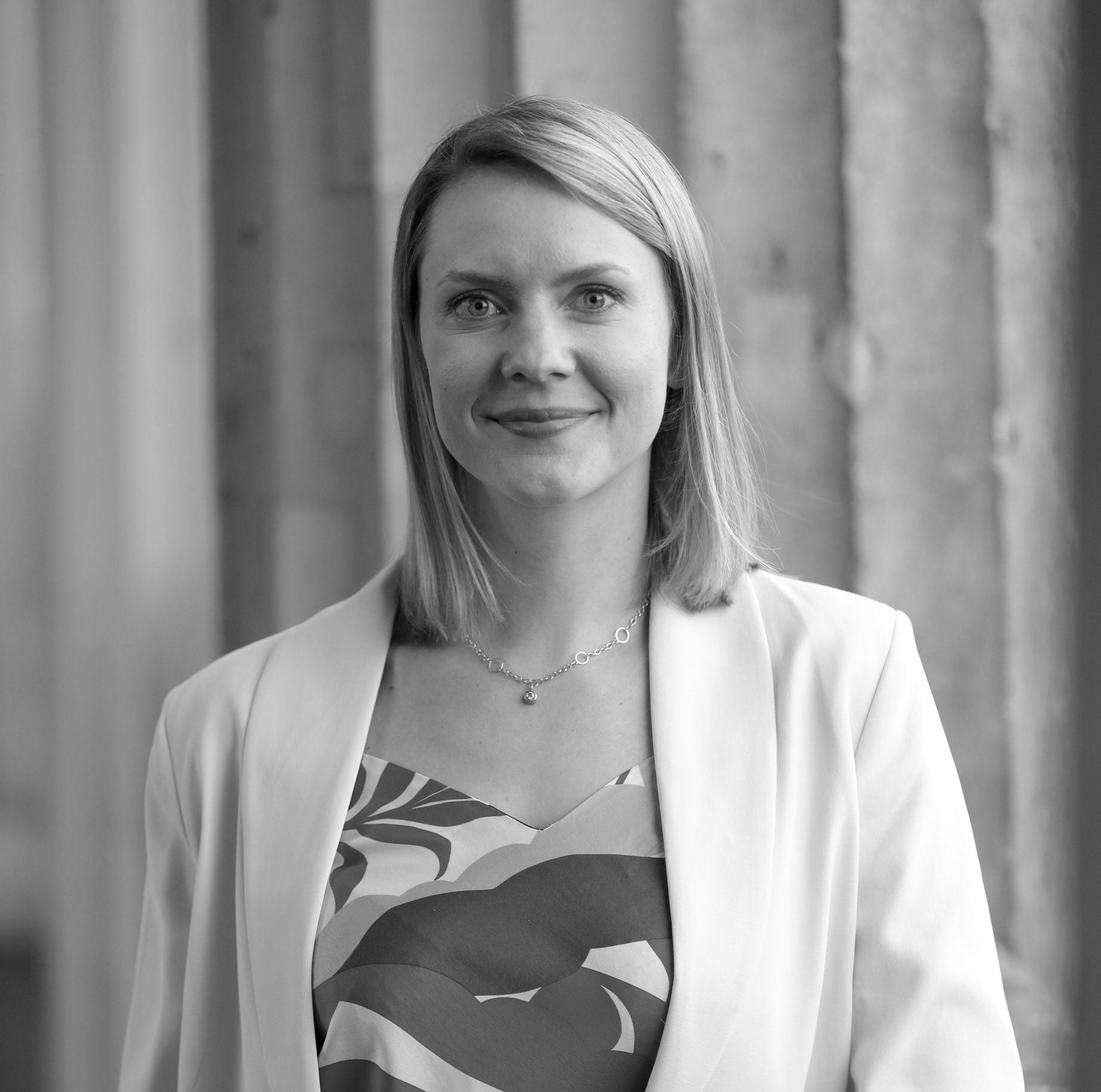
Julia Wilmes
Managing Director
Supporting families through these important steps in their children’s educational journey has become my heartfelt mission since founding Akademis. That is why it is especially important to me that we dedicate ourselves to every student seeking a boarding school with empathy and personal care.
